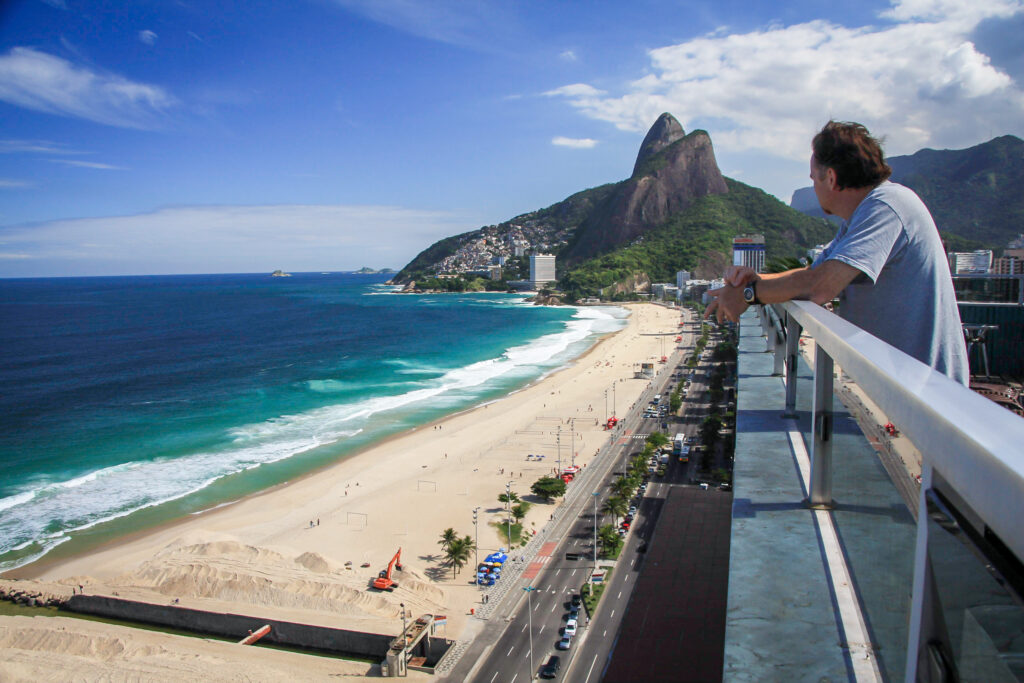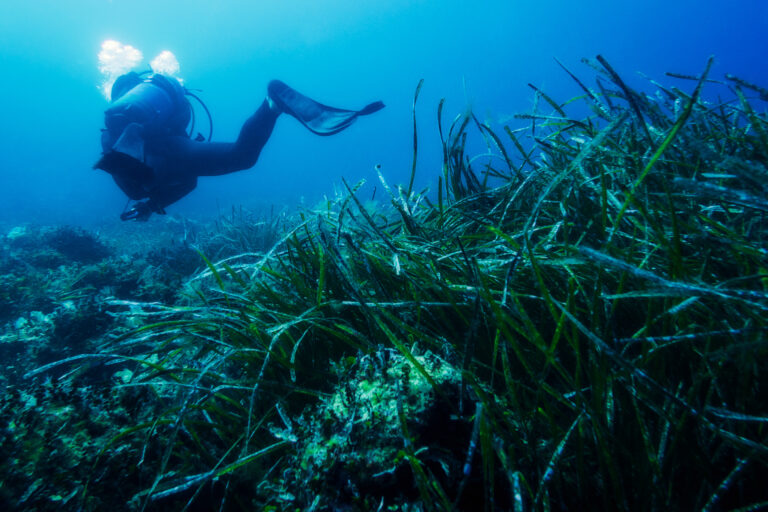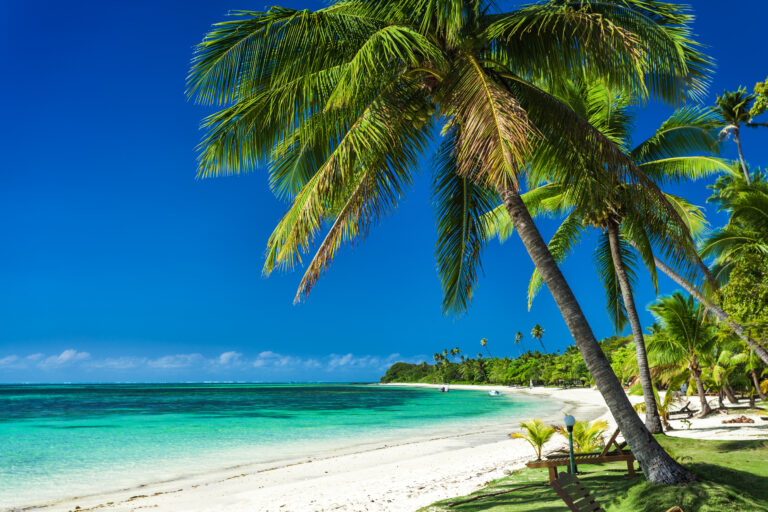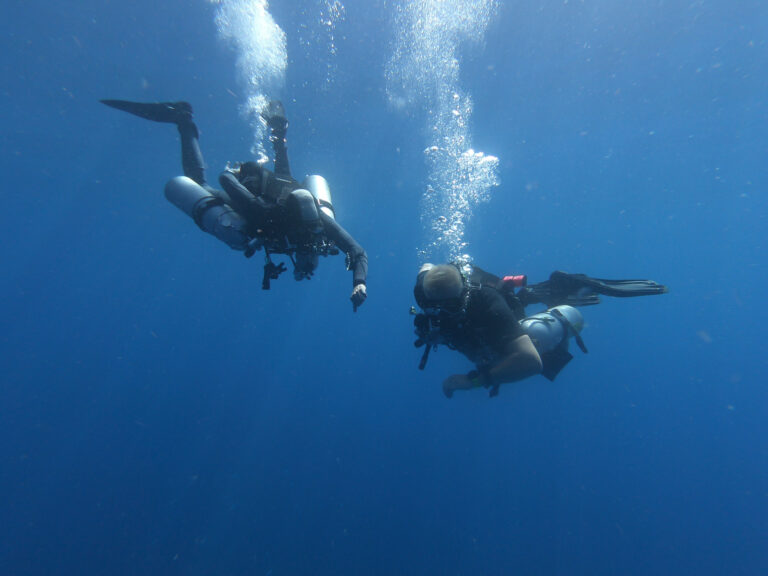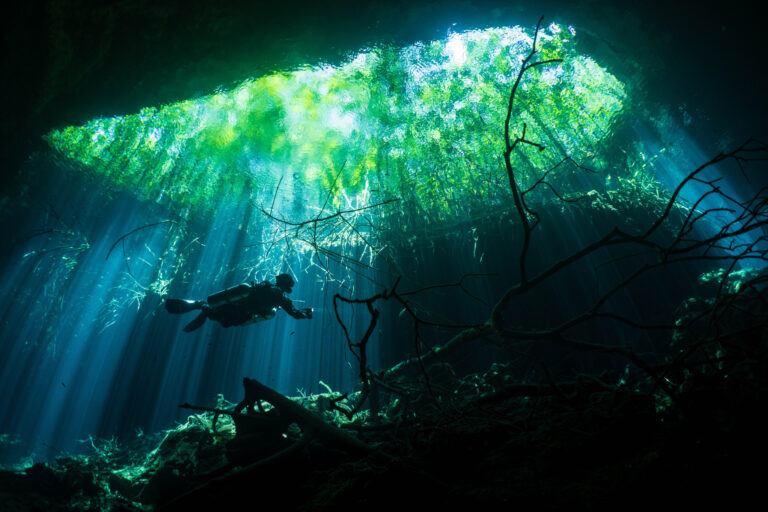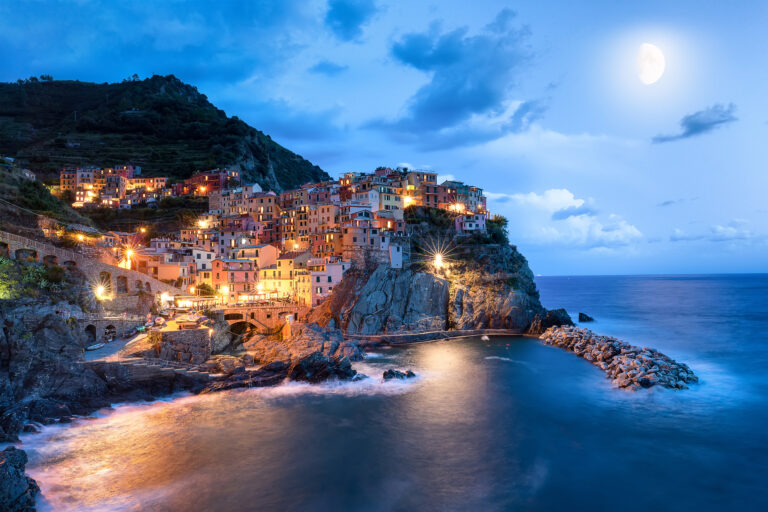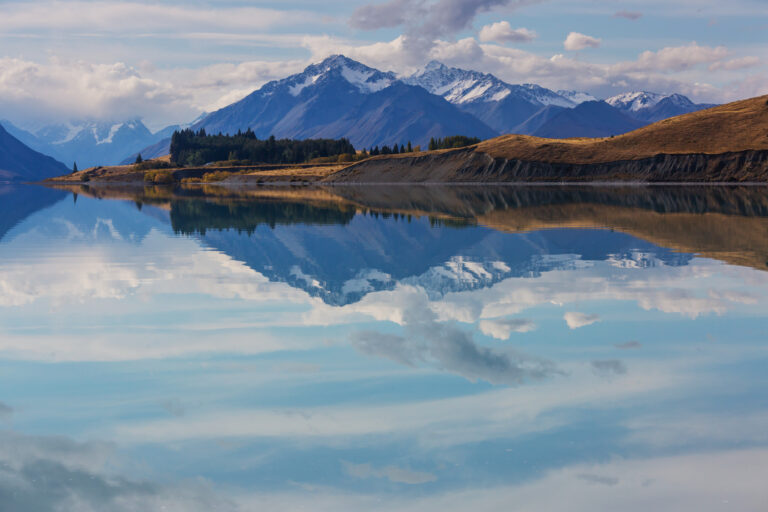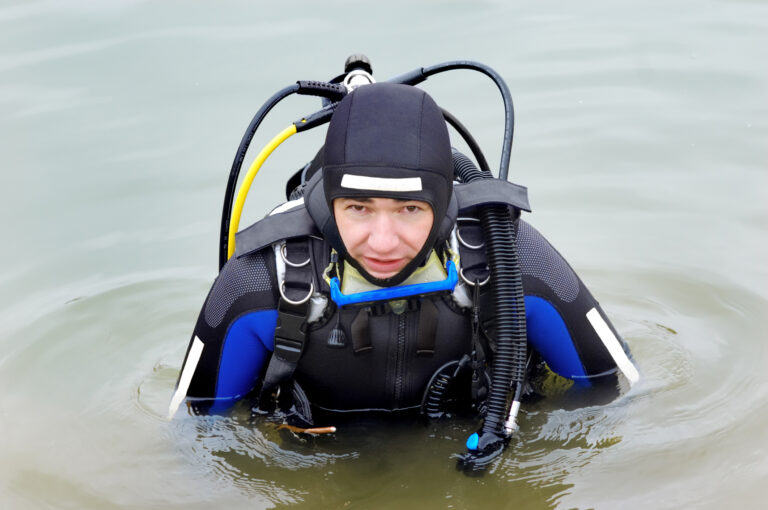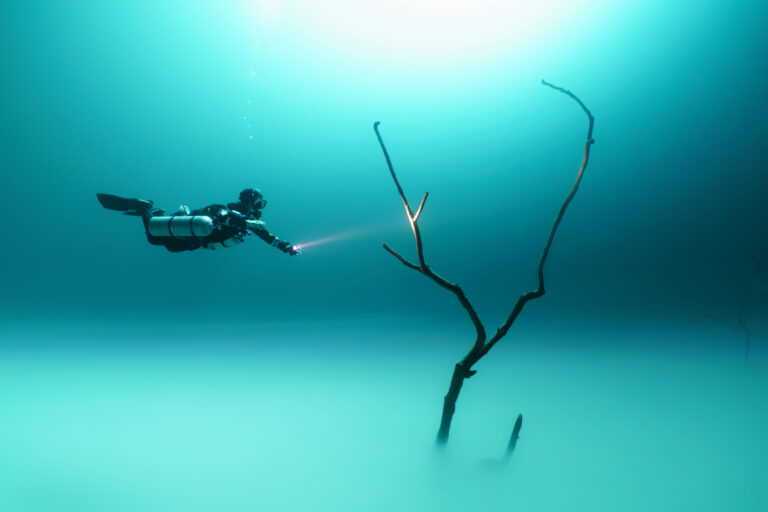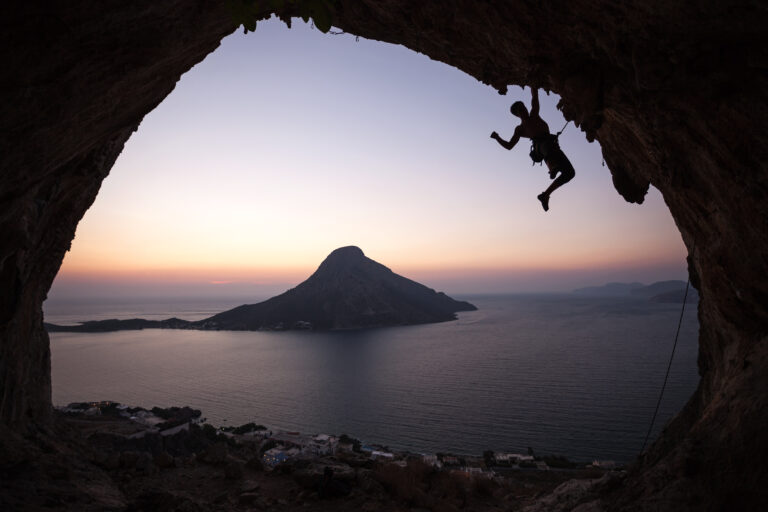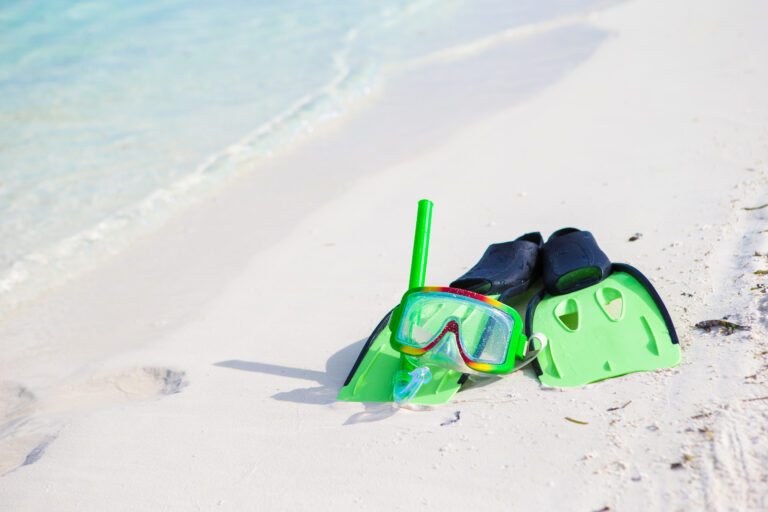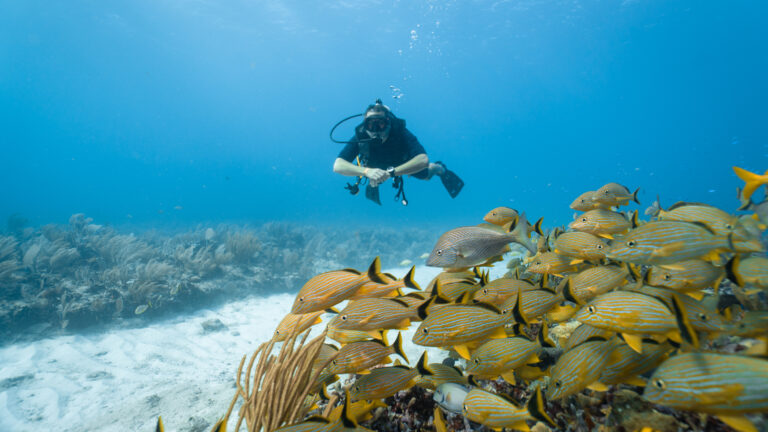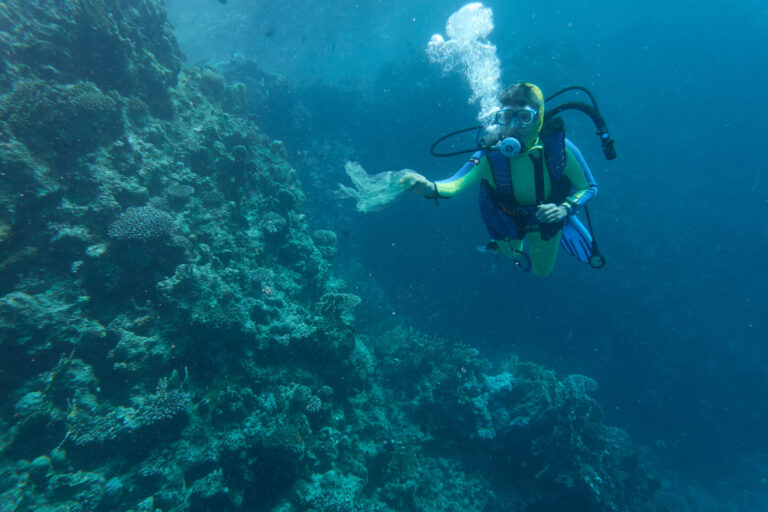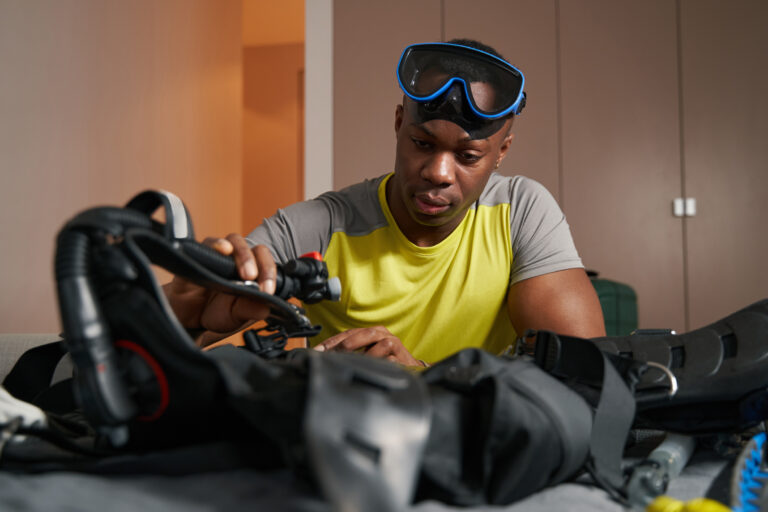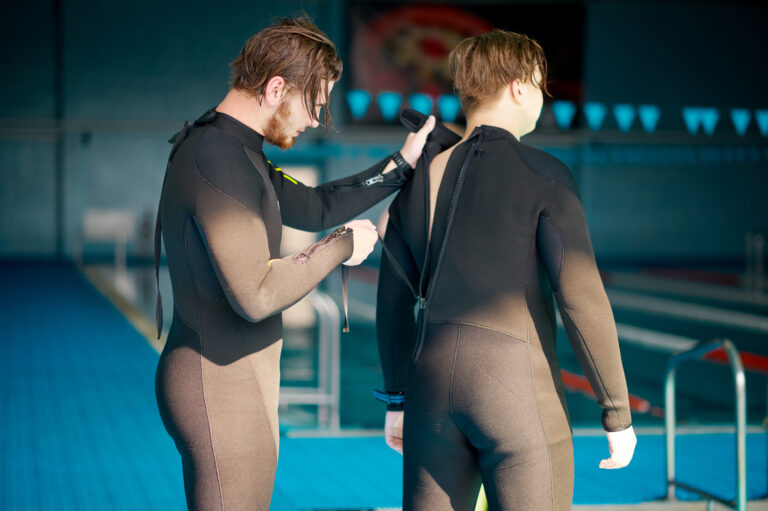SCUBA DIVERS’ TRAVEL GUIDE TO Brazil
Brazil is a scuba diver’s paradise, with a vast coastline that offers diverse and stunning underwater landscapes. From the tropical coral reefs of the northeast to the temperate kelp forests of the south, Brazil has something for every level and interest of diver. You can explore shipwrecks, caves, islands, and marine reserves, and encounter a rich variety of marine life, including dolphins, turtles, rays, sharks, and colorful fish. Brazil is also a vibrant and diverse country, with a rich culture, history, and cuisine that will make your trip unforgettable. Whether you want to relax on the beach, dance at a carnival, or hike in the rainforest, Brazil has it all. Come and discover why Brazil is one of the best scuba diving destinations in the world.
LOCATION AND GEOGRAPHY
Brazil, the largest country in South America, offers a diverse range of scuba diving experiences thanks to its extensive coastline stretching over 7,500 kilometers along the Atlantic Ocean. The country’s geographical diversity includes the vibrant coral reefs of the Northeast, the shipwrecks and rich marine life off the coast of the Southeast, and the unique freshwater diving opportunities in the vast Amazon Basin. Notably, the Fernando de Noronha archipelago, a UNESCO World Heritage Site located about 350 kilometers off the northeastern coast, is a crown jewel for divers, boasting crystal-clear waters and an abundance of marine biodiversity. In the south, the cooler waters are home to a different set of marine flora and fauna, providing a contrast to the tropical scenes found further north. Brazil’s varied underwater topography, which includes caverns, canyons, and volcanic arches, coupled with its warm tropical waters, makes it an alluring destination for divers of all levels seeking to explore the rich underwater landscapes of the South Atlantic.
VISA AND ENTRY REQUIREMENTS
Before embarking on your underwater adventure in Brazil’s vibrant dive spots, it’s essential to ensure you meet the country’s visa and entry requirements. Travelers from many countries, including the United States, Canada, Australia, and Japan, can enter Brazil without a visa for short stays of up to 90 days for tourism purposes, which includes scuba diving. However, this is subject to change, so it’s crucial to check the latest visa requirements with the Brazilian consulate or embassy in your home country prior to your trip. Upon arrival, you must present a valid passport with at least six months remaining before expiration. Proof of a return ticket and accommodation may also be requested, along with evidence of sufficient funds for the duration of your stay. Keep in mind that all visitors must comply with Brazilian immigration laws, and overstay penalties can be severe. It’s also advisable to carry your identification and a copy of your travel documents while diving, as random checks can occur. With the paperwork in order, you can then dive into the rich marine life of Brazil, from the coral reefs of Fernando de Noronha to the historic shipwrecks off the coast of Rio de Janeiro.
GETTING TO Brazil
Getting to Brazil, a vast and vibrant country with a coastline stretching over 7,500 kilometers, is an adventure in itself, offering a plethora of underwater wonders for scuba divers. Major international airlines frequently service Brazil’s key gateways such as São Paulo’s Guarulhos International Airport (GRU) and Rio de Janeiro’s Galeão International Airport (GIG), ensuring accessibility from most parts of the world. Upon arrival, domestic flights can transport you to coastal cities closer to prime diving spots, like Recife for the spectacular archipelago of Fernando de Noronha, or Salvador for the vibrant reefs of Bahia. Additionally, overland travel by bus or car rental is possible for those who prefer a scenic route along the coastline. Visa requirements vary by country, so ensure you check the latest entry regulations. Once in Brazil, the warm waters of the Atlantic Ocean await, teeming with diverse marine life, from the colorful coral reefs to the mysterious wrecks, promising an unforgettable scuba diving experience.
BEST TIME TO DIVE
The best time to scuba dive in Brazil largely depends on the specific region you plan to explore, as this vast country offers a diverse range of underwater environments. For the vibrant coral reefs and clear waters of the northeastern coast, including the famous archipelago of Fernando de Noronha, the ideal period is between August and January, when the dry season brings calmer seas and excellent visibility. In the south, around Ilha Grande and the Abrolhos Archipelago, diving conditions are prime from September to March, coinciding with warmer water temperatures and the humpback whale migration season. The Amazon region, with its unique freshwater diving opportunities, is best visited during the dry season from July to December, to avoid the heavy rains and flooding that can reduce underwater visibility. Regardless of the destination, it’s always wise to check local conditions and marine life activity to ensure the most rewarding Brazilian scuba diving experience.
ACCOMMODATION OPTIONS
In the vibrant and diverse country of Brazil, scuba divers can find a plethora of accommodation options to suit any preference, ranging from luxurious beachfront resorts to charming pousadas (traditional Brazilian guesthouses) and eco-lodges nestled in nature. In diving hotspots like Fernando de Noronha, an archipelago renowned for its rich marine life, visitors can stay in upscale villas with stunning ocean views, ensuring a restful retreat after a day exploring the underwater world. Along the coast of the mainland, in areas such as Arraial do Cabo and Bonito, divers can opt for budget-friendly hostels and campsites that cater specifically to the diving community, often providing gear storage and rinse areas. For those seeking a more immersive experience, liveaboard boats offer the chance to sleep on the waves and wake up at different dive sites each day. Regardless of where you choose to stay, Brazil’s warm hospitality and the convenience of dive-centric amenities will make your underwater adventure both comfortable and unforgettable.
DIVE OPERATORS AND DIVE SHOPS
In the vibrant and diverse country of Brazil, dive operators and dive shops are as varied and colorful as the underwater ecosystems they provide access to. From the bustling city of Rio de Janeiro, with its nearby marine-rich Arraial do Cabo, to the remote and pristine waters of Fernando de Noronha archipelago, Brazilian dive shops cater to all levels of experience, offering PADI and NAUI certifications, guided dives, and equipment rentals. Knowledgeable local guides are eager to showcase the best of Brazil’s underwater treasures, including the spectacular coral reefs, intriguing shipwrecks, and a mesmerizing array of marine life. Many operators emphasize eco-friendly practices, ensuring that the beauty of Brazil’s marine environments is preserved for future generations. Whether you’re looking to explore the famous Abrolhos Marine National Park, drift along the currents of Bonito’s crystal-clear freshwater rivers, or immerse yourself in the lesser-known but equally enchanting dive sites along the vast coastline, Brazil’s dive operators and shops are your gateway to an unforgettable underwater adventure. Always remember to check for reputable operations that prioritize safety and environmental responsibility, ensuring a sustainable and thrilling diving experience in this South American paradise.
TRANSPORTATION WITHIN Brazil
In Brazil, transportation options for scuba divers looking to explore the country’s vast underwater landscapes are as diverse as its marine life. Major coastal cities like Rio de Janeiro, Recife, and Salvador are well-connected by domestic flights, making it convenient to reach renowned diving spots such as Fernando de Noronha or the Abrolhos Archipelago. Once you’ve landed, renting a car can offer the flexibility to visit multiple dive sites along the expansive coastline, though be prepared for long drives given the country’s size. For those destinations not accessible by road, local boat charters are available, providing direct access to more secluded dive areas. In more remote locations, such as the Amazon basin, riverboats can offer a unique journey to freshwater dive sites. Public transportation, including buses and ferries, is a budget-friendly alternative, though it may require more planning and time. Regardless of your choice, always consider the logistics of transporting your gear and ensure that your mode of transport is dive-equipment friendly.
CURRENCY AND PAYMENT METHODS
When traveling to Brazil for scuba diving adventures, it’s important to be prepared with the right currency and payment methods. The official currency is the Brazilian Real (BRL), and it’s advisable to carry some cash for smaller transactions such as taxi rides, local markets, or rural dive shops where electronic payments may not be accepted. Credit and debit cards are widely used in larger cities and tourist areas, with Visa and MasterCard being the most commonly accepted. However, inform your bank of your travel plans to avoid any blocks on your cards. ATMs are available in urban areas, but can be scarce in remote locations, so plan accordingly. It’s also worth noting that some dive operators may offer discounts for cash payments or charge extra for credit card transactions due to processing fees. Always check the payment options and any additional fees with your chosen dive operator beforehand to ensure a smooth and enjoyable diving experience in Brazil’s vibrant underwater landscapes.
LANGUAGE AND COMMUNICATION
When diving in Brazil, communication both above and below the water is predominantly conducted in Portuguese, the country’s official language. While some dive operators, especially in tourist-heavy areas like Fernando de Noronha or the coastal regions near Rio de Janeiro and São Paulo, may have staff who speak English or Spanish, it’s advisable for divers to familiarize themselves with basic Portuguese diving terminology and phrases. This will not only enhance safety by ensuring clear dive briefings and underwater signals but also enrich the overall experience by facilitating interactions with local divers and residents. Hand signals used underwater are generally universal, but it’s important to review these with your dive guide to avoid any potential misunderstandings. Additionally, learning a few key expressions can go a long way in showing respect for the local culture and can open up opportunities for more meaningful connections and assistance during your scuba diving adventure in Brazil’s vibrant underwater landscapes.
LOCAL CULTURE AND ATTRACTIONS
Brazil’s vibrant culture is as diverse and captivating as its underwater treasures, offering a colorful tapestry of traditions, music, and cuisine that scuba divers can immerse themselves in after exploring the country’s rich marine life. From the rhythmic beats of samba and the dazzling costumes of Carnival to the mouthwatering flavors of feijoada and acarajé, Brazil’s cultural heritage is a feast for the senses. Divers can wander through the colonial streets of Salvador, where Afro-Brazilian culture pulses through the city, or visit the iconic Christ the Redeemer statue in Rio de Janeiro, offering panoramic views of the city’s stunning coastline. The Amazon Rainforest, with its unparalleled biodiversity, invites the adventurous to witness the intersection of indigenous traditions and the natural world. Whether it’s dancing the night away in a lively forró club or exploring the historic architecture of Ouro Preto, Brazil’s local culture and attractions provide an enriching backdrop to the country’s underwater marvels, ensuring a truly unforgettable scuba diving trip.
CULTURAL ETIQUETTE AND TIPS
When scuba diving in Brazil, it’s important to embrace the local customs and show respect for the vibrant culture that surrounds this beautiful diving destination. Brazilians are known for their warm hospitality and laid-back attitude, but it’s courteous to greet them with a friendly “Olá” and a firm handshake, or even a kiss on the cheek in more informal settings. When engaging with dive operators and local fishers, show interest in their expertise and be open to learning; many will appreciate your enthusiasm for their rich marine environment. It’s also customary to tip service providers, including dive guides and boat crews, so be prepared to offer around 10-20% for good service. Environmental conservation is taken seriously, so ensure you adhere to all local diving regulations and avoid touching or disturbing marine life. Lastly, take the time to learn a few Portuguese phrases, as this gesture of effort is often met with appreciation and can greatly enhance your diving experience in Brazil’s captivating underwater world.
LOCAL LAWS AND REGULATIONS RELEVANT TO TOURISTS
When planning a scuba diving trip to Brazil, it is crucial for tourists to familiarize themselves with local laws and regulations to ensure a safe and lawful experience. Brazil enforces strict environmental policies to protect its diverse marine ecosystems, and divers must adhere to guidelines that prohibit touching or disturbing marine life, collecting coral, or fishing without a proper license. Diving within protected marine parks, such as the famous Fernando de Noronha Archipelago, often requires a special permit and payment of a conservation fee. Additionally, divers should only dive with certified local operators who are familiar with the specific regulations of each area. It is also important to note that Brazil’s coast guard requires all divers to carry a dive log and proof of certification. Failure to comply with these regulations can result in hefty fines and legal consequences. As laws can change, it is advisable to check with the Brazilian consulate or local dive shops for the most current information before your trip.
SAFETY TIPS AND EMERGENCY CONTACTS
When diving in Brazil’s diverse underwater landscapes, safety should be your paramount concern. Always dive within your certification limits and ensure that your equipment is well-maintained and appropriate for the conditions. It’s crucial to stay hydrated, avoid alcohol before dives, and be vigilant about the risks of decompression sickness by following safe ascent practices and adhering to your dive computer’s guidelines. Be aware of the local marine life and currents; some areas may have strong undercurrents or potentially dangerous fauna. Prior to your dive, familiarize yourself with the emergency procedures and contacts provided by your dive operator. In case of an emergency, the Brazilian Navy (Marinha do Brasil) conducts search and rescue operations and can be reached at 185 or through VHF Channel 16. Additionally, keep the contact information for the nearest hyperbaric chamber and emergency medical services. DAN (Divers Alert Network) Brazil can also be a vital resource for divers in need of emergency assistance or medical advice, reachable at +1 (919) 684-9111 for international support. Always dive with a buddy, and ensure that someone on land knows your dive plan and expected return time. By taking these precautions, you can help ensure a safe and enjoyable diving experience in Brazil’s captivating waters.
HEALTH AND TRAVEL INSURANCE
When planning a scuba diving trip to Brazil’s vibrant underwater landscapes, it is crucial to consider your health and travel insurance coverage. Brazil offers a plethora of diving experiences, from the coral-rich waters of Fernando de Noronha to the historic shipwrecks off the coast of Recife, but diving always comes with inherent risks. Ensure that your travel insurance policy includes comprehensive medical coverage that extends to scuba diving incidents, as treatment for decompression sickness or other dive-related injuries can be costly and may require specialized care. Additionally, verify that your policy covers medical evacuation, as some of the more remote dive sites may be far from advanced medical facilities. It’s also wise to check if your insurance provides coverage for trip cancellations, lost diving equipment, and personal liability. Before embarking on your Brazilian underwater adventure, make sure to carry proof of insurance and familiarize yourself with the procedure for making a claim, so you can dive into Brazil’s majestic waters with peace of mind.

